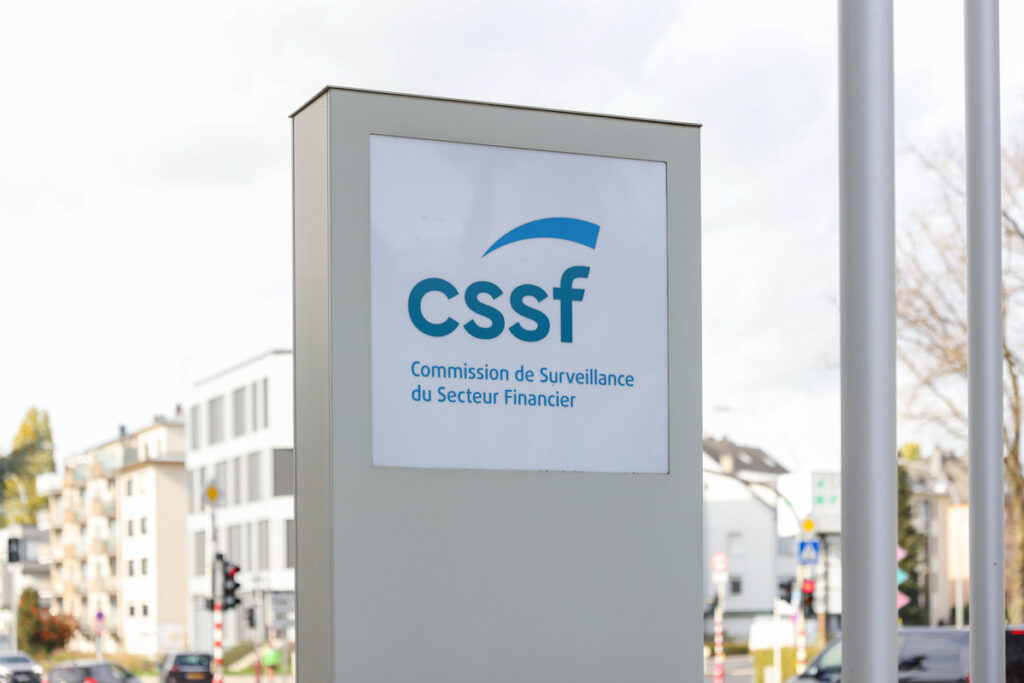Regulatory Framework for Sustainable Finance

In the ever-evolving world of finance, the integration of sustainable practices is no longer an afterthought but a prerequisite for success. The importance of environmental, social, and governance (ESG) factors has surged, transforming the investment landscape and corporate responsibility. This seismic shift is propelled not only by the changing tides of investor preferences but also by an increasingly stringent regulatory environment. This environment demands transparency, accountability, and a commitment to ethical investment strategies.
The Regulatory Landscape of Sustainable Finance
The Commission de Surveillance du Secteur Financier (CSSF) of Luxembourg is spearheading this progressive movement, ensuring that investment fund managers adhere to a complex EU regulatory framework. Central to this framework are the Sustainable Finance Disclosure Regulation (SFDR), its Regulatory Technical Standards (SFDR RTS), and the Taxonomy Regulation. These regulations are pivotal to fostering a transparent and responsible financial sector.
CSSF’s Supervisory Approach
Asset management firms are under the CSSF’s watchful eye, with a supervisory approach that emphasizes the management of sustainability risks. The CSSF’s methodical supervision ensures that disclosures are in compliance with SFDR requirements and that fund portfolios genuinely reflect their sustainability objectives. This is a crucial step in the battle against greenwashing, a malpractice that misleads investors about the environmental virtues of an investment.
The CSSF has initiated a phased approach to combat greenwashing, starting in August 2023, with plans to extend into the first quarter of 2024. This emphasizes the regulator’s dedication to integrating sustainability risks into the very fabric of organizational processes while enhancing transparency.
ESG Risks and Investment Firms
Investment firms are scrutinized for their adherence to revised transparency and disclosure obligations, particularly concerning the supervision of ESG risks. These obligations are in line with the Markets in Financial Instruments Directive (MiFID) rules for investment firms, which are harmonized with the standards established for credit institutions.
Challenges for Issuers
Issuers face a unique set of challenges and expectations, especially in terms of climate and environmental disclosures within financial reporting. Adherence to the International Financial Reporting Standards (IFRS) and non-financial statements is of paramount importance. Moreover, a significant shift is on the horizon with the transition from the Non-Financial Reporting Directive (NFRD) to the Corporate Sustainability Reporting Directive (CSRD). The CSSF provides a gap analysis to facilitate this transition for entities.
International Collaboration and Supervision
The CSSF’s influence extends beyond national borders through its support and collaboration with various global and European bodies committed to sustainable finance. Partnerships with the European Supervisory Authorities (ESAs), the Basel Committee on Banking Supervision (BCBS), the European Financial Reporting Advisory Group (EFRAG), the International Sustainability Standards Board (ISSB), and the Network for Greening the Financial System (NGFS) underscore the international commitment to this cause.
The future of European supervision in sustainable finance is set to include a series of exercises planned by the ESAs, highlighting the ongoing efforts in this domain.
The Impact of CSSF’s Communiqué
The CSSF’s communiqué resonates deeply with the finance community due to its timely focus on sustainable finance, a subject echoing the global shift towards ESG considerations. The communiqué offers valuable insights into the priorities and methodologies of a key regulatory body and serves as a crucial resource for market participants. Its proactive stance against greenwashing instills confidence in the regulatory process, while its comprehensive framework for overseeing sustainable finance underscores the regulator’s commitment to evidence-based supervision. The emphasis on international collaboration further accentuates the global interconnectedness of finance and sustainability.
For industry professionals, the communiqué is an indispensable source of information, clarifying compliance expectations and preparing stakeholders for upcoming regulatory changes. Its specificity and forward-looking guidance solidify its status as a vital tool for the finance sector.
In conclusion, the CSSF’s communiqué epitomizes the dynamic nature of sustainable finance and the collective determination to ensure that financial decisions are made with a profound awareness of their impact on the environment and society. The finance industry is encouraged to adopt this new paradigm, where sustainability is not merely a checkbox but a fundamental principle driving prosperity. Through shared responsibility and collective action, the finance sector can indeed emerge as a formidable ally in shaping a more sustainable and equitable future.
Interested in speaking with our consultants? Click here to get in touch
